These are my three favorite natural cold remedies that our family has used for years and they work.
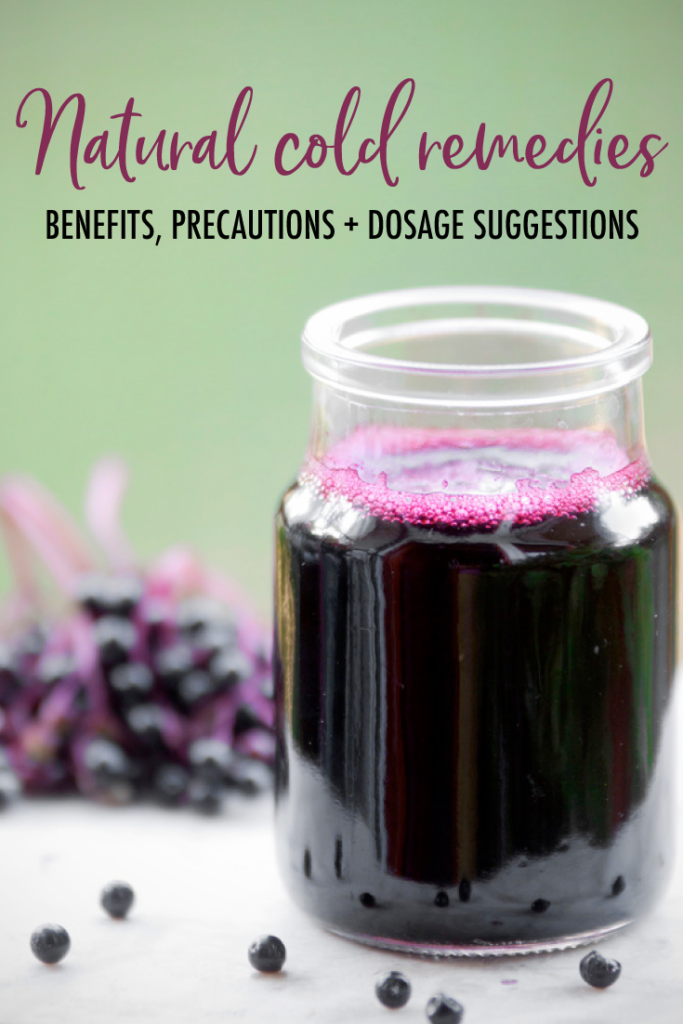
An Ounce of Prevention…
Of course an ounce of prevention is worth a pound of cure. It goes without saying you don’t need natural cold remedies if you don’t get sick.
Even if you do eat perfectly 100% of the time, colds still happen. People still get sick. If you or a family member does get sick, there are a few natural cold remedies you can try that I really do believe speed up recovery….
My 3 Favorite Natural Cold Remedies
We keep a natural medicine cabinet with things like turmeric as a substitute for Advil. You’ll find aloe gel for burns, skin irritation and insect bites. We have Melatonin instead of Ambien. We use activated charcoal for digestive issues (this stuff also works wonders for teeth whitening!) Instead of valium, we use kava kava root.
In other words, we try to use the least amount of medications possible.
And when it comes to natural cold remedies, these are the three things I find really help…
Natural Cold Remedies that Really Work!
Natural Cold Remedy #1: Camu-Manuka Honey Tonic
One of the very first things I make as soon as someone in the house starts sniffling or complaining of a scratchy throat is my Camu-Manuka Honey Tonic. The active ingredients include:
Manuka Honey:
When it comes to natural cold remedies, the benefits of manuka honey are tremendous. The enzymes in manuka honey create a natural hydrogen peroxide that works as an antibacterial. A 2011 study showed Manuka stops the growth of sore throat-causing Strep bacteria. It has even been approved by the National Cancer Institute to be used to heal inflammation in the throat from chemotherapy.
The minimum UMF rating recognized is UMF5, however, it is not considered therapeutic and will not work as a natural cold remedy unless it carries a UMF 10+ level of antibacterial activity in the honey.
Anything ranging from UMF10-UMF15 is a useful level, and anything with a UMF16 and up is considered a superior quality. Of course you get what you pay for. The higher the UMF, the higher the cost. I find a UMF16 works very well and the cost is reasonable. You can buy Manuka honey online from Amazon or at your local natural foods store.
Camu Powder:
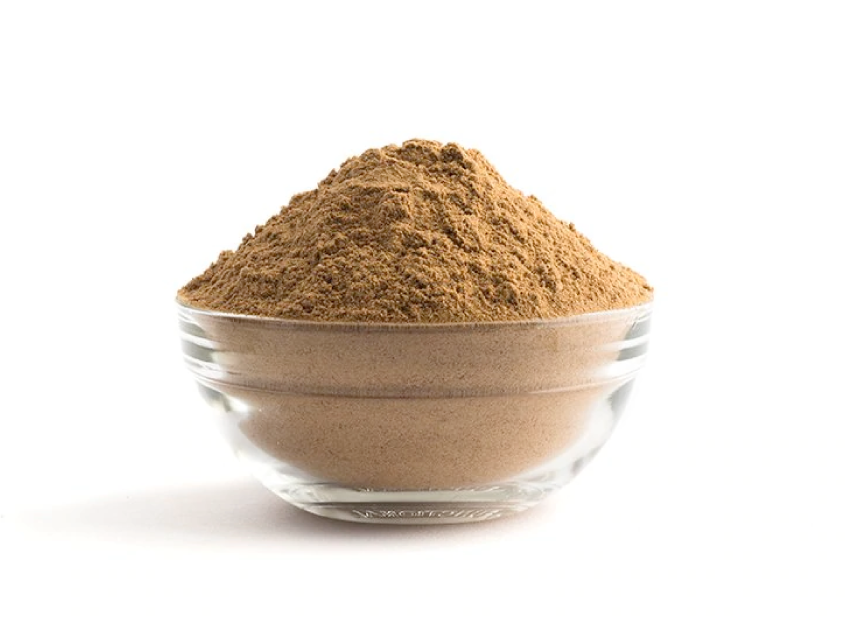
The camu berry is a Peruvian superfood and one of the world’s most abundant sources of vitamin C. This superfruit has a whopping 60 times more vitamin C per serving than an orange!
If you are not eating a diet rich in fruits and vegetables, chances are you might not be getting enough vitamin C. Stress significantly depletes vitamin C, which is one reason why people end up sick following a stressful event. Even a slight vitamin C nutrient deficiency can negatively affect your immune system.
Unlike vitamin C tablets, camu powder is the “whole fruit”, so you get all of the bioflavanoids and other natural substances that boost your body’s ability to utilize the vitamin C. A mere one teaspoon of camu powder has 1180% of your Daily Value for vitamin C! You can buy camu powder online from Amazon or at your local natural foods store.
Garlic:

It’s not an old wives tale; garlic’s antimicrobial, antiviral and antifungal properties really can help alleviate the common cold as well as other infections. Garlic actually might help prevent colds too!
In one study, people took either garlic supplements or a placebo for 12 weeks during cold season (between November and February). The garlic takers were less likely to get a cold, and if they did get a cold, they recovered faster than the placebo group. Those who didn’t take garlic (placebo group) had a much greater likelihood of contracting more than one cold over the 12-week treatment period.
My natural cold remedy recipe below can really be used at any time to support a healthy immune system or prevent a cold. It’s one of the things I make sure to drink before hoping on a plane!
Natural Cold Remedy Recipe for Camu-Manuka Honey Tonic
Camu-Manuka Honey tonic is one of the best natural cold remedies you can easily make at home. Drink it at the first sign of a cold or even to prevent a cold (such as before getting on an airplane.)
- Prep Time: 5 minutes
- Total Time: 5 minutes
- Yield: 1 1x
Ingredients
- 1/2 cup boiling water
- 2 teaspoons manuka honey (look for one with a UMF16)
- 1/2 teaspoon camu powder (such as Navitas Naturals brand)
- 2 crushed garlic cloves
- 1 tablespoon lemon juice
Instructions
- Pour the boiling water into a coffee mug. Use a fork to whisk in the manuka honey. Stir in the camu, crushed garlic and lemon juice. Drink warm.
Last Step! If you loved our recipe, leave us a review below. This helps future recipe makers and ensures continued high-quality recipes for years to come!
Natural Cold Remedy #2 : Elderberry Syrup
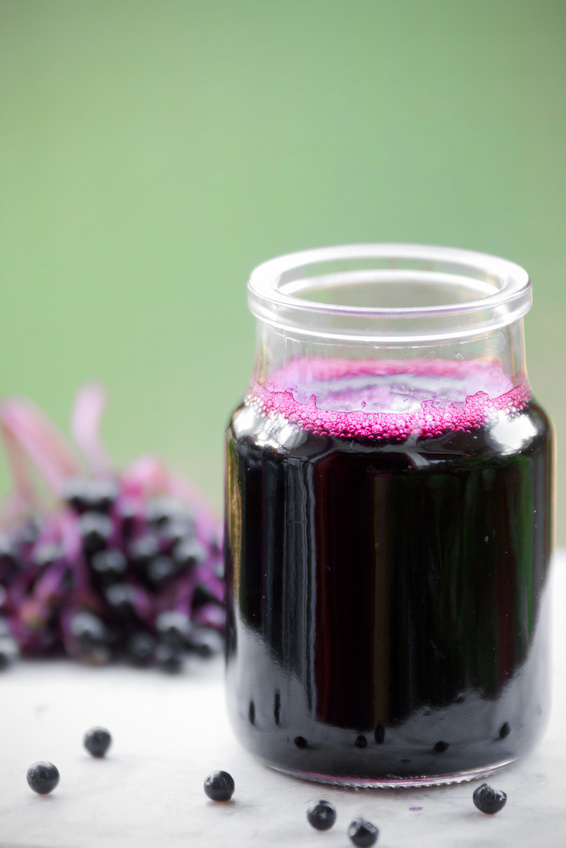
If you are looking for natural cold remedies with a long history of medicinal use, elderberry should definitely be at the top of your list. Believe it or not, recipes for elderberry-based tonics date back to Ancient Egypt! Hippocrates described the plant as his “medicine chest” because of the wide array of ailments it seemed to benefit.
What is Elderberry?
Elderberries are the fruit from the flowering plant known as Sambucus, more commonly referred to as elder or elderflower. Elderberry contains flavonoids such as quercetin, which have antioxidant properties that help strengthen the immune system. When it comes antioxidant power, elderberry is higher in flavonoids than blueberries, cranberries, goji berries and blackberries. (1)
Benefits of Elderberry
Elderberry is one of the best antiviral herbs on the planet. It also has anti-inflammatory, anti-influenza, and anticancer properties (2).
When used within the first 48 hours of onset of symptoms, elderberry extract has been found to reduce the duration of the flu with symptoms being relieved on an average of four days earlier. (3) During the 1995 Panama flu epidemic, the government actually employed the use of the elderberry to fight the flu.
A 2016 study published in Nutrients showed that elderberry supplementation can reduce the duration and symptoms of a cold in air travelers. Travelers using this herb from 10 days before travel until four to five days after arriving overseas experienced on average a two-day shorter duration of their colds and also a noticeable reduction in cold symptoms. (4)
Elderberry Precautions
If you have an autoimmune disease, such as rheumatoid arthritis or lupus, ask your doctor before taking elderberry, as it may stimulate the immune system. It is not something I would take every single day as a supplement or anything like that, but it is definitely something I reach for at the first sign of sniffle, stuffy nose or scratchy throat. Elderberry appears to have few side effects when used properly for short periods of time (up to five days).
However, if you currently take any of the following medications, you should talk to your health care provider before taking elderberry:
Immune-supressing drugs, including corticosteroids (prednisone), and medications used to treat autoimmune disease, Diuretics (water pills), Diabetes medications, Chemotherapy, Laxatives or Theophylline (TheoDur)
How to Take Elderberry Syrup
Homemade Elderberry Syrup would be the very best option. Although it certainly seems easy enough to make, I’ll be honest, I have never made my own. Instead, I just keep a bottle of Nature’s Way brand Original Sambucus Standardized Elderberry Syurp in our medicine cabinet.
Nature’s Way brand is a bio-Certified extract with proven bio-availability. It contains no artificial colors, flavors or preservatives. For me, it’s just more convenient than making my own.
Elderberry Dosage
- Adults take 2 teaspoons (10 ml) daily.
- Children take 1 teaspoon (5 ml) daily.
***For intensive use take four times daily**
Natural Cold Remedy #3: Homemade REAL Chicken Soup (with a Whole Chicken)
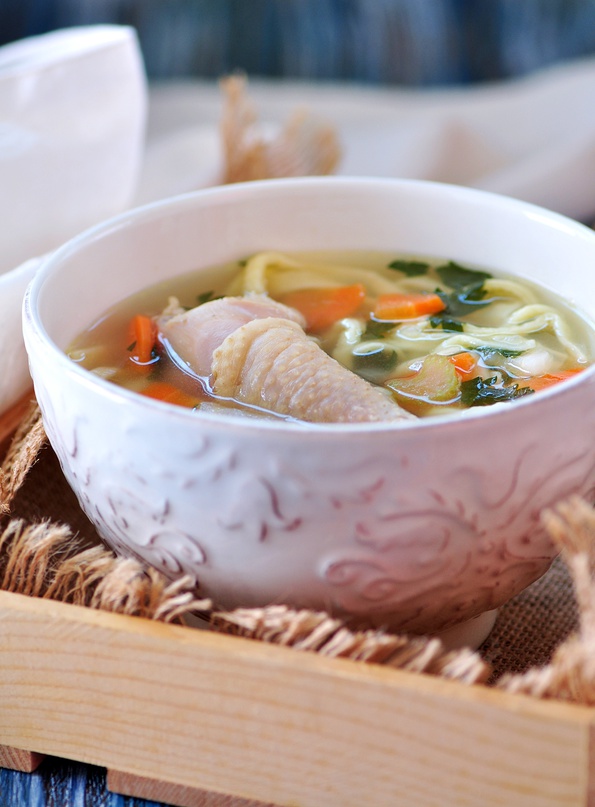
Last but not least, chicken soup is definitely the tastiest of the natural home remedies! When you are really sick, you just have to have chicken soup.
Grandma was right. Did you know science backs up the healing benefits of chicken soup? A handful of scientific studies show chicken soup really could have medicinal value. The most widely cited of these studies, published in the medical journal Chest in 2000, is by Dr. Stephen Rennard of the University of Nebraska Medical Center in Omaha.
The researchers couldn’t identify the exact ingredient or ingredients in the soup that made it effective against colds but say it may be the combination of vegetables and chicken that work together. The tested soup contained chicken, onions, sweet potatoes, parsnips, turnips, carrots, celery stems, parsley, salt and pepper.
I don’t have an exact recipe that I follow, but I more or less follow the basic guidelines in this Chicken Soup recipe from the Kitchn.
I always make sure to use the absolute highest quality whole pasture-raised (preferably organic) chicken I can find. You just won’t get the same results from using chicken breasts. You really need the chicken bones in there. Oh! And for whatever it is worth, I always add radishes (yes, you can cook radishes) and leeks too.
Chicken Soup Booster
Finally, although it is not at all conventional, I also add about 1/2 cup of probiotic-rich Organic Miso Master Chickpea Miso to my chicken soup. This soy-free miso uses chickpeas instead of soybeans as its base and therefore does not taste anything like the miso soup served at Japanese restaurants. Chickpea miso has a very mild, neutral flavor and blends in perfectly with the chicken soup. And it’s a great way to give your chicken soup a probiotic boost! Note: as far as I know, Miso Master produces the only organic soy-free miso in the natural food industry.
P.S. Did you know you can buy many of the products we recommend at wholesale prices at Thrive Market? If you have not yet heard of Thrive, think Costco meets Whole Foods online. For a membership fee of less than $5 a month, you can purchase over 4,000 natural and organic food, beauty, home, supplement and personal care products at a savings of 25-50% off retail.
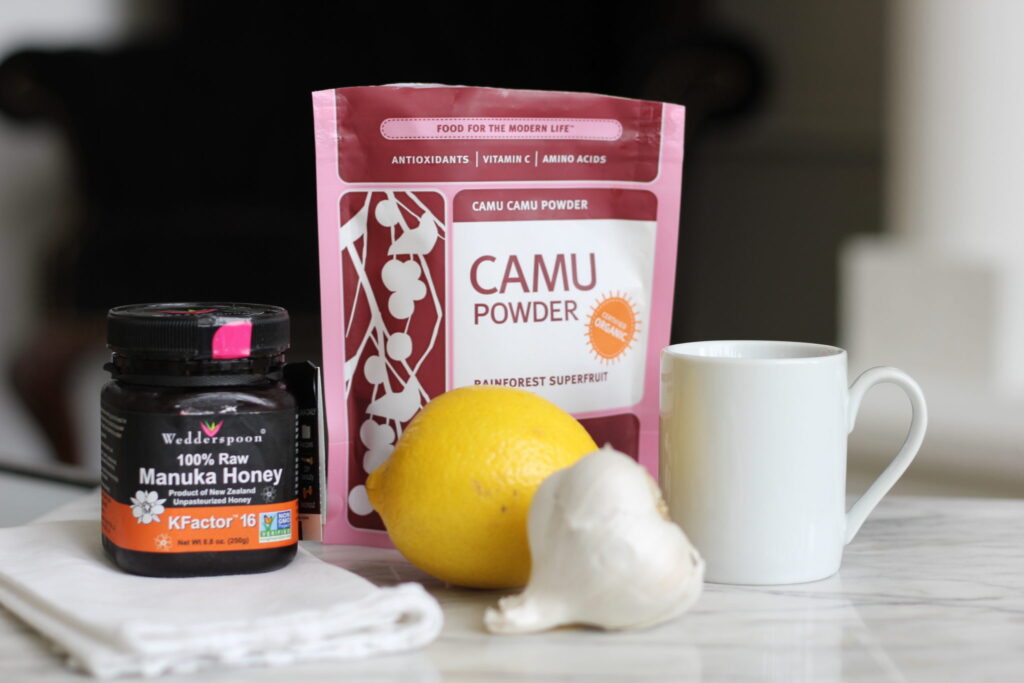
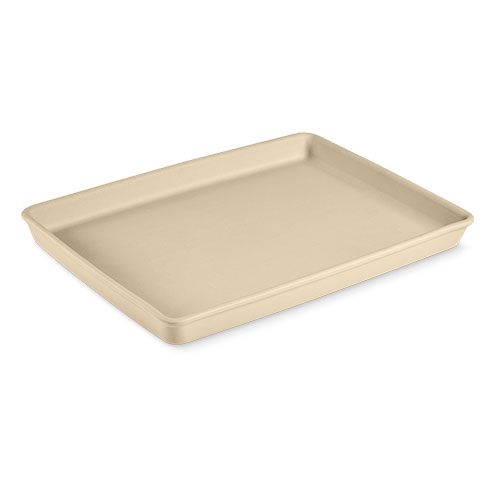


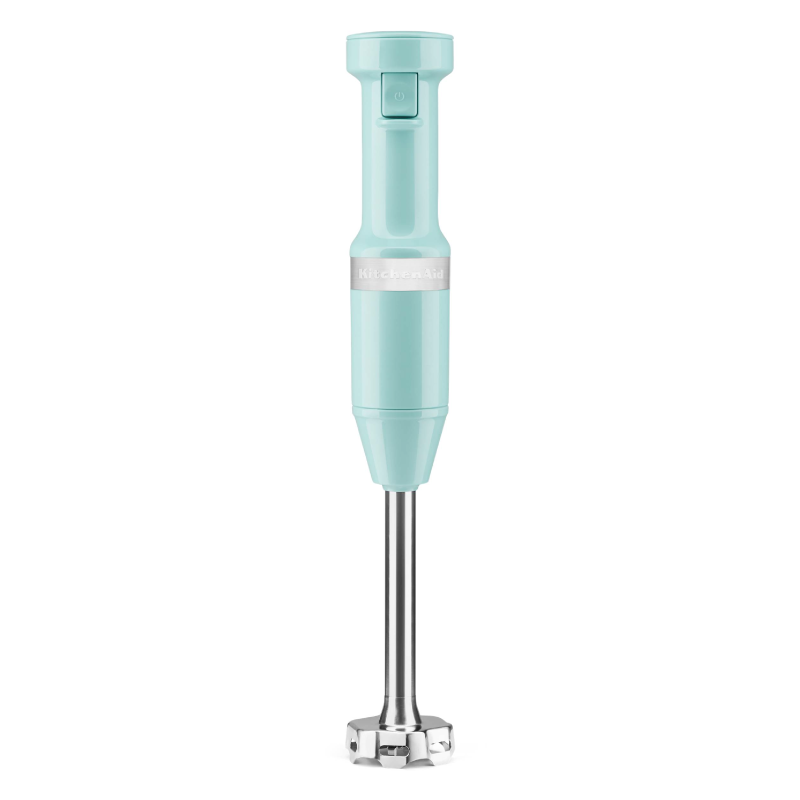
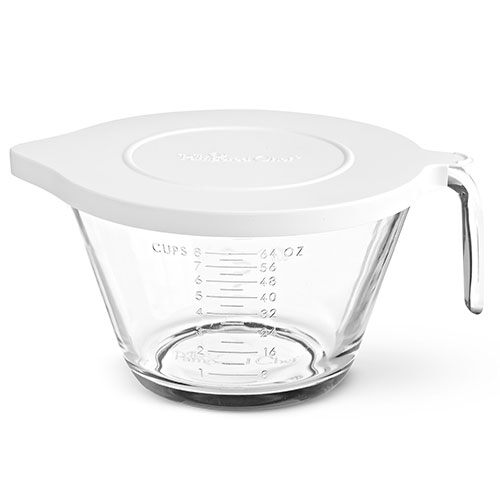

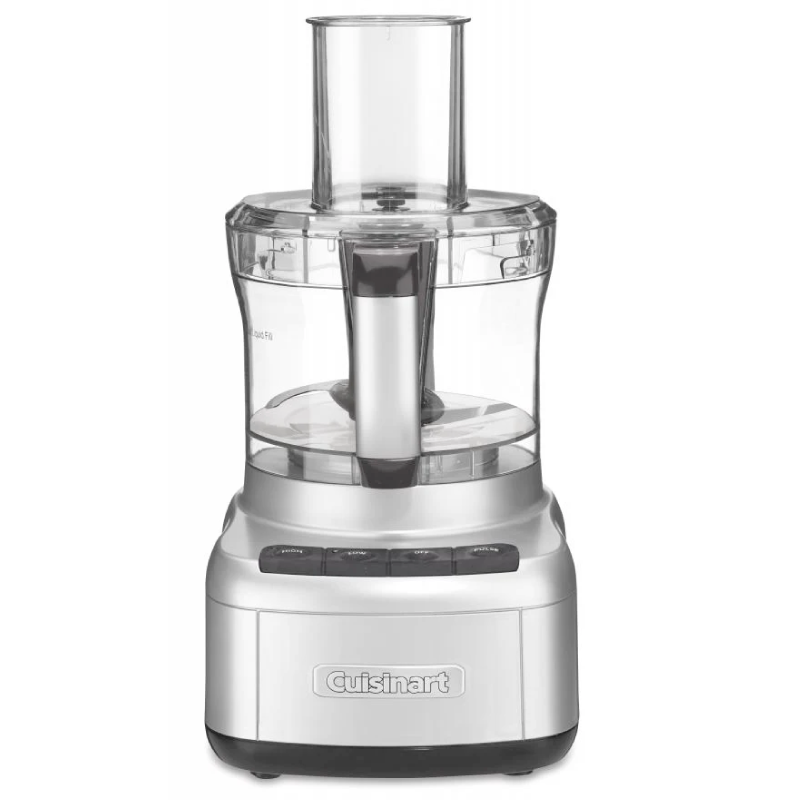

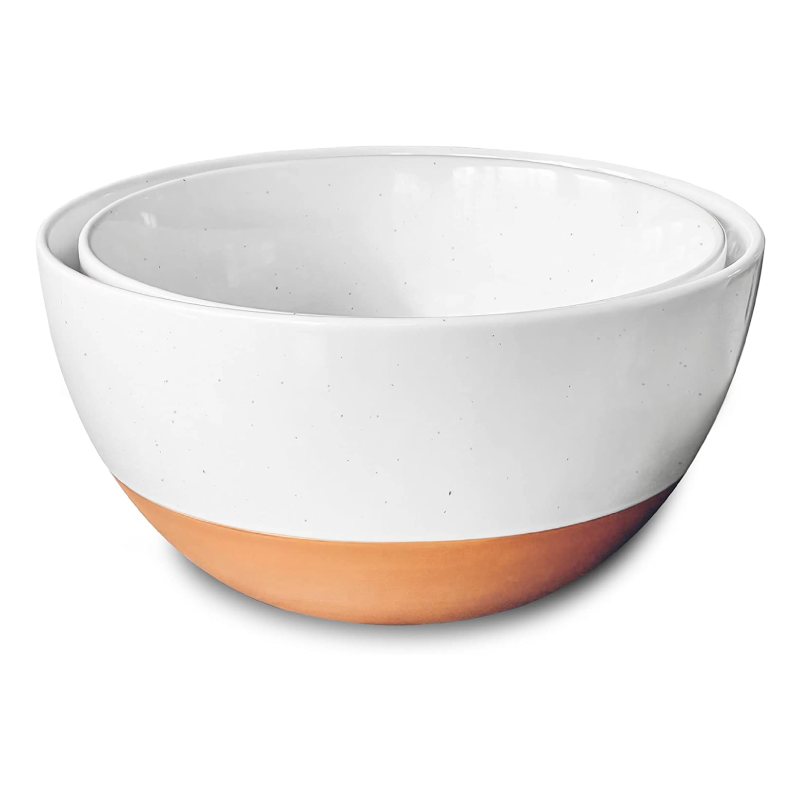
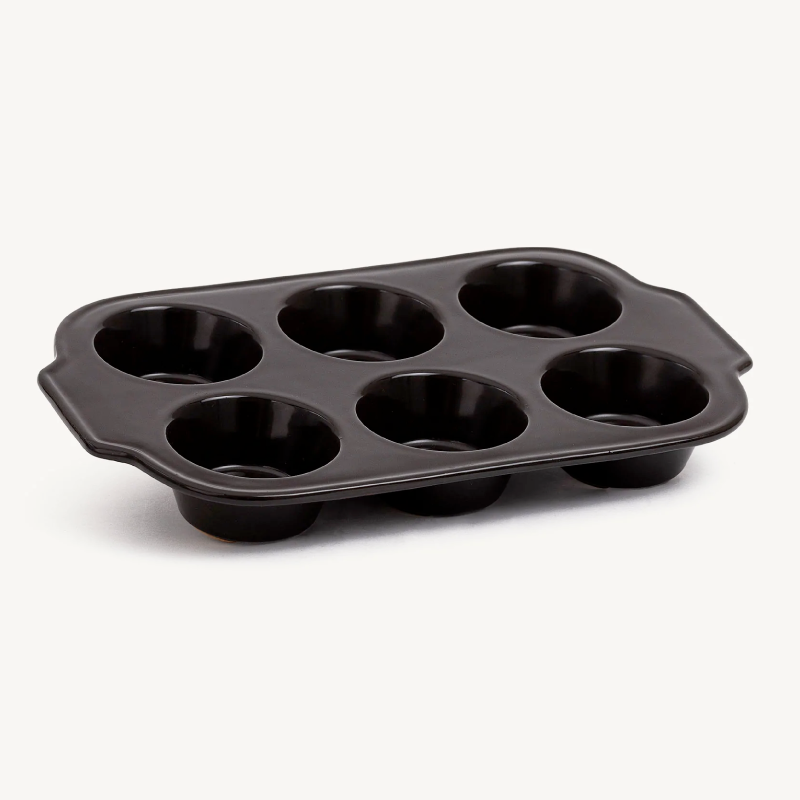
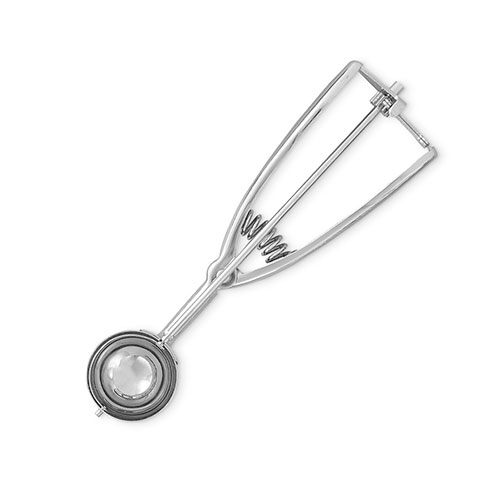

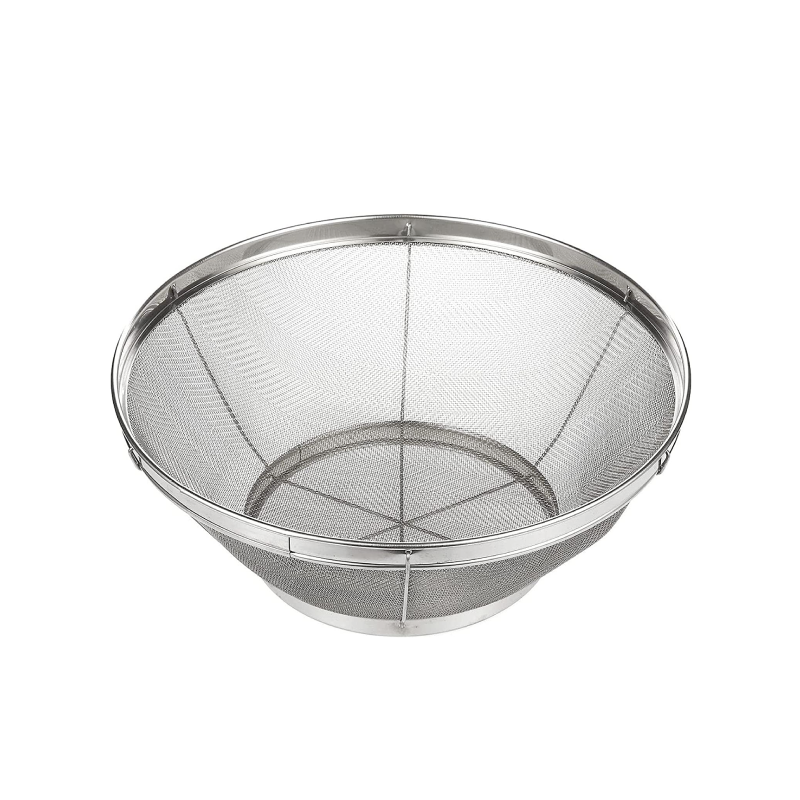

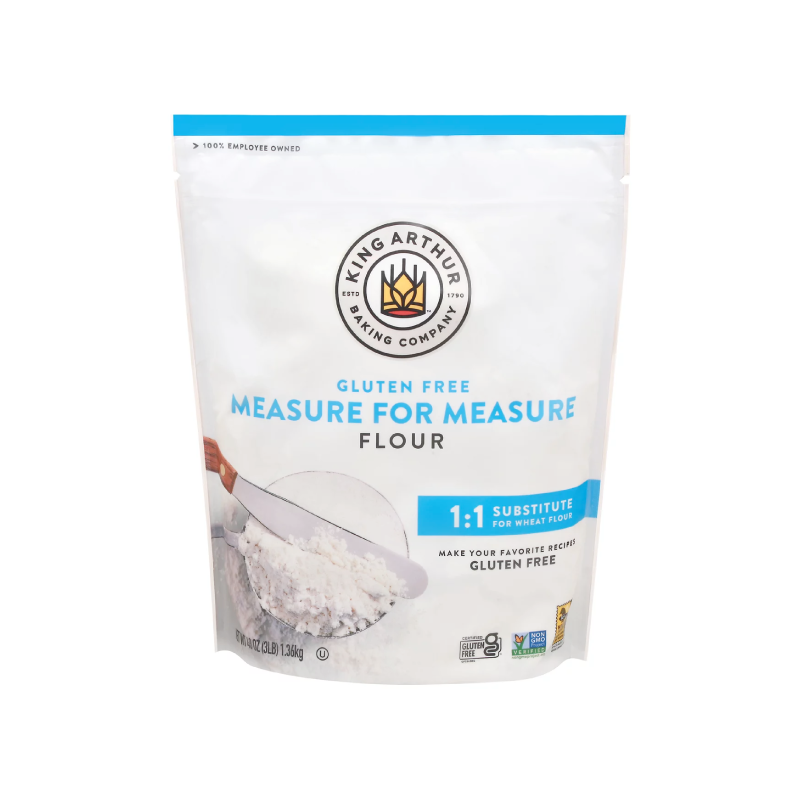
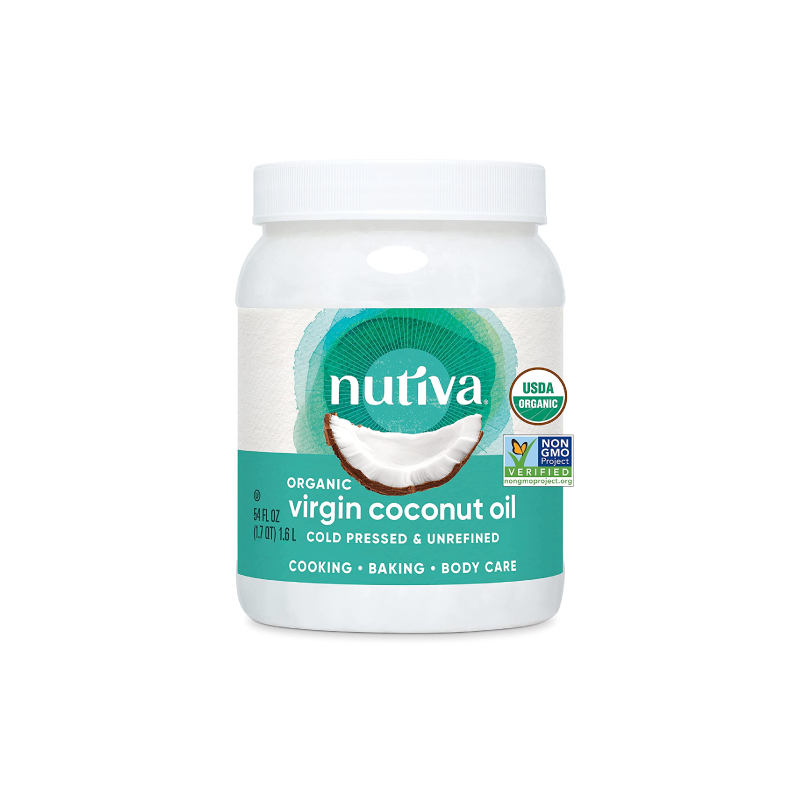
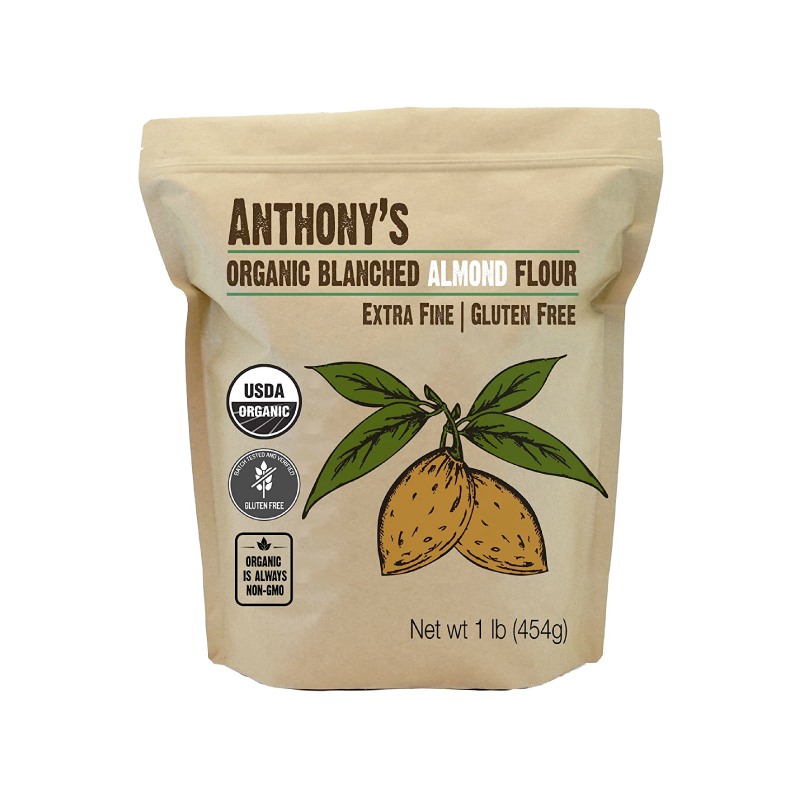
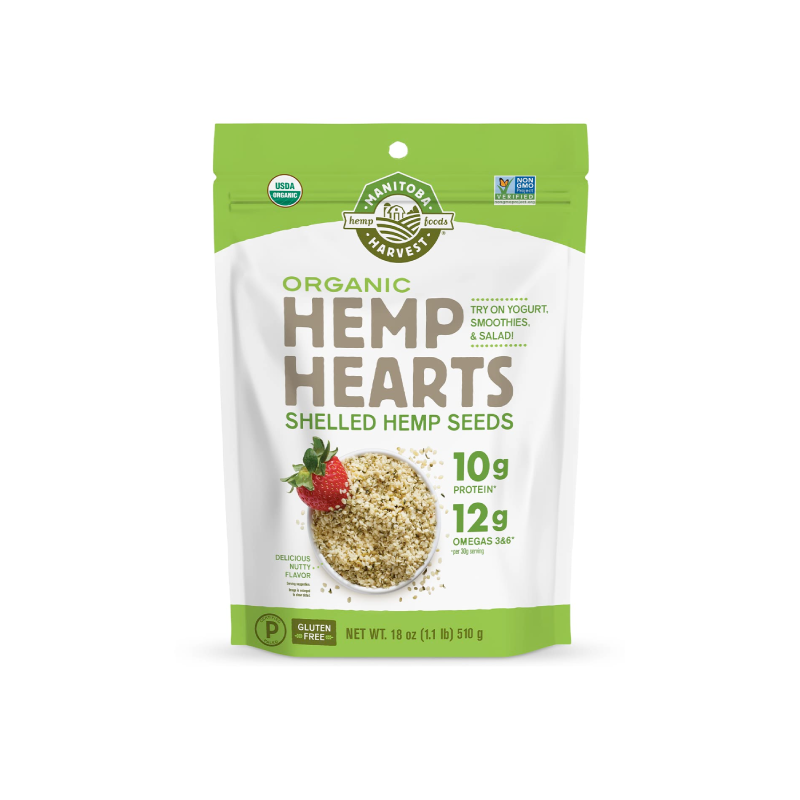
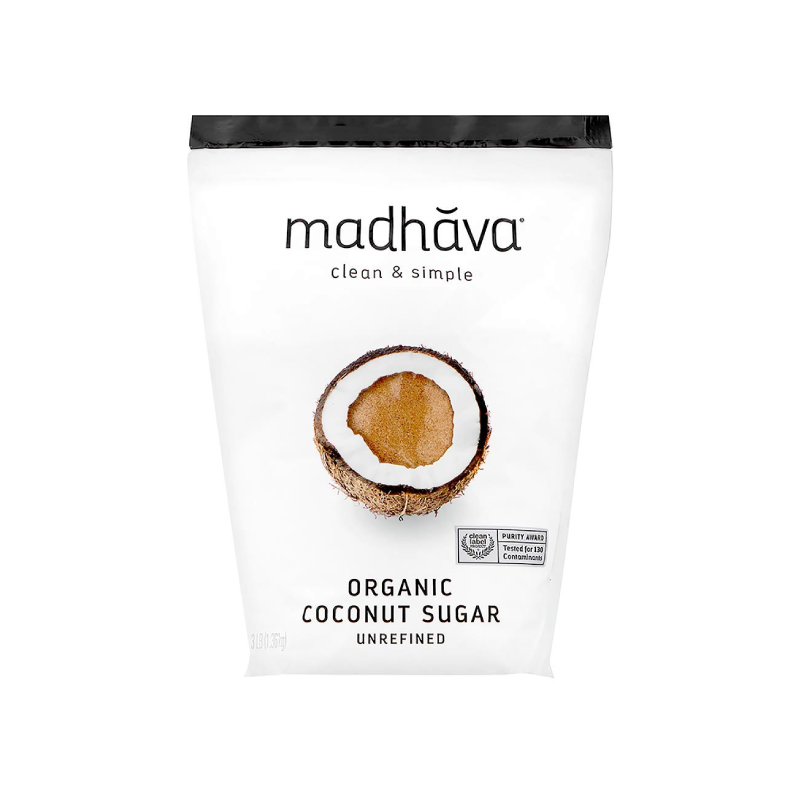

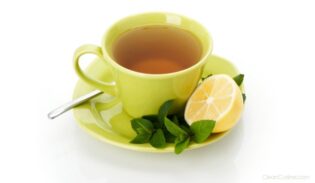
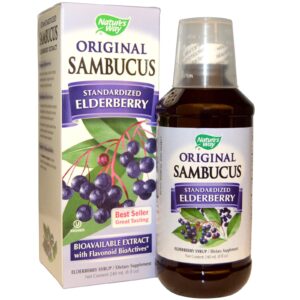
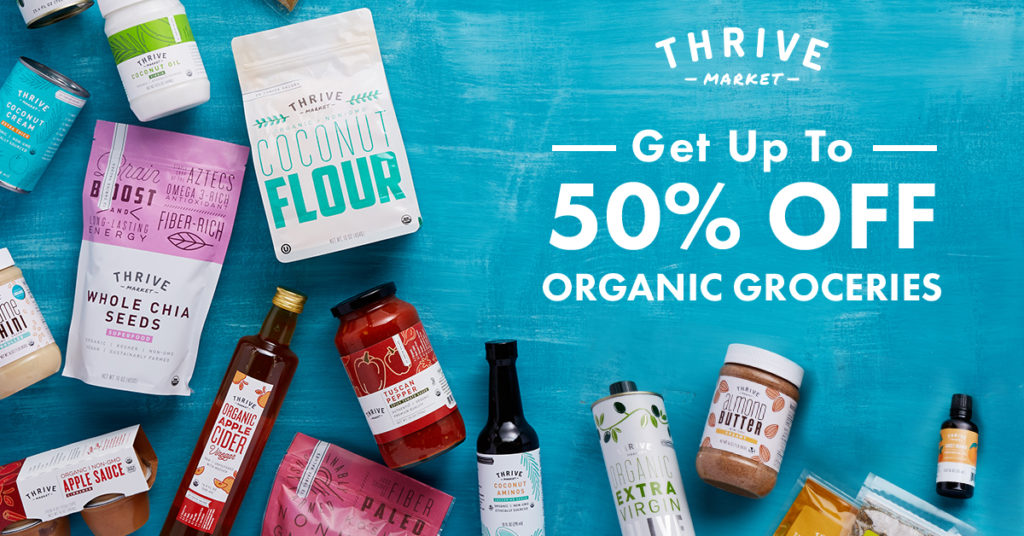
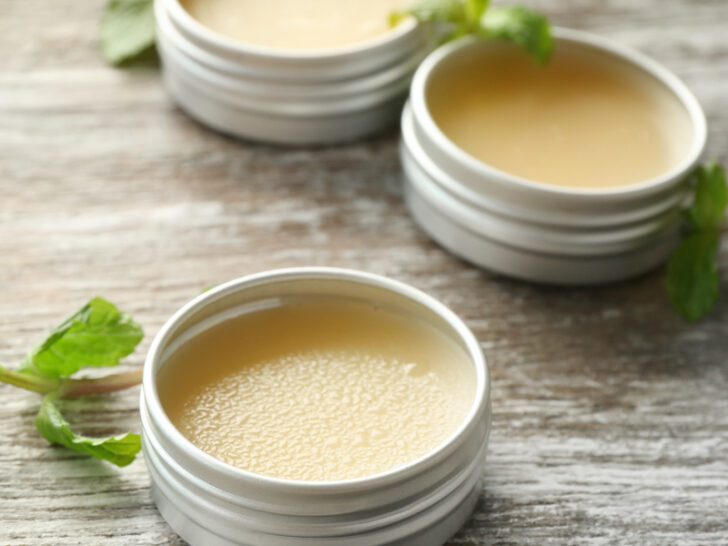
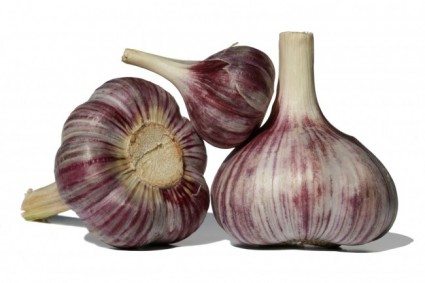
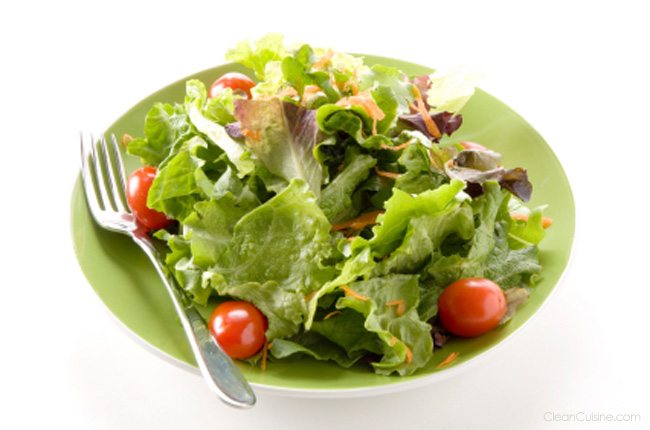

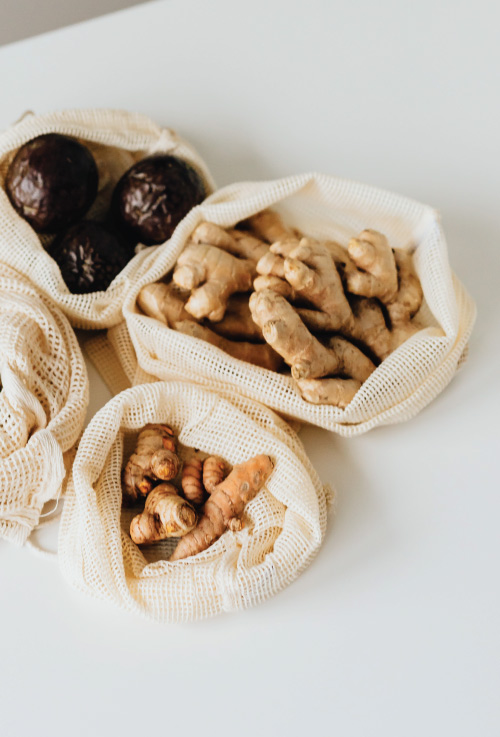
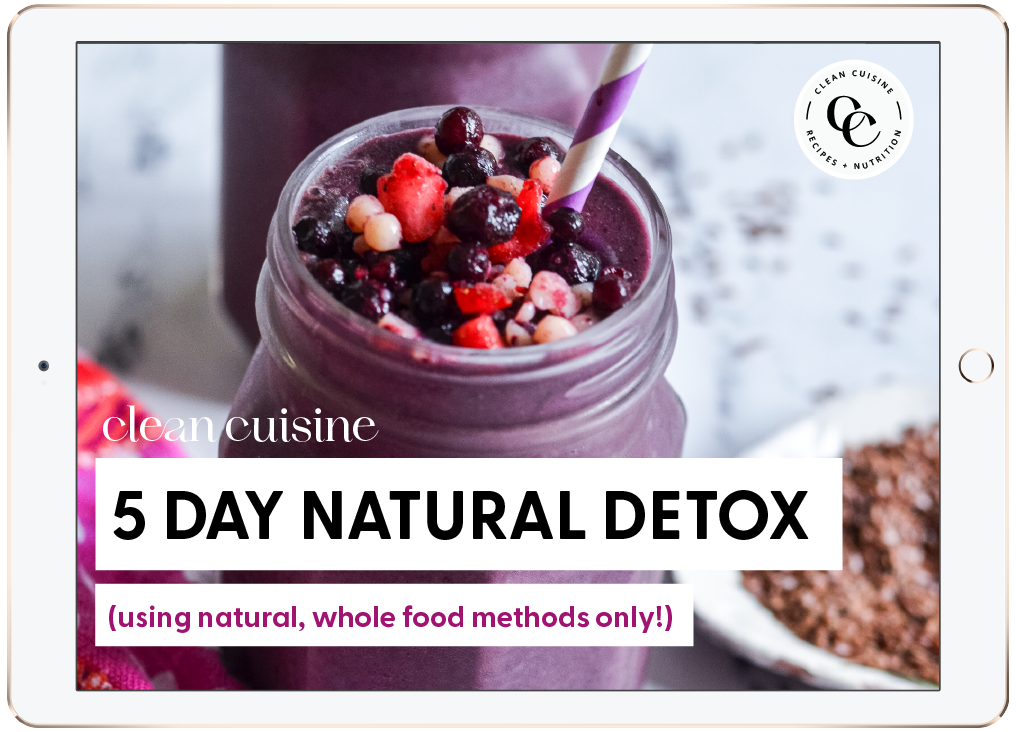
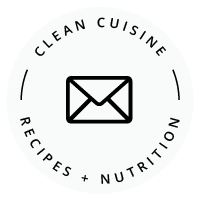
Mike Jones
Sunday 5th of August 2018
Does your son eat vegetables on his own or did you have to use tricks to get him to do it? My daughter like vegetables so much that she actually steals broccoli from my plate, but my son wouldn't willingly touch a vegetable in a hundred years and I don't really know what to do about it. I mean, I can't force him to eat it.
Ivy Larson
Monday 6th of August 2018
hi Mike, my son did actually willingly eat his vegetables, BUT he tended to want to eat the same ones over and over and over again. I did resort to "hiding" vegetables in recipes (a great cookbook for that by the way is Deceptively Delicious by Jessica Seinfeld) For example, two of his favorite recipes are my Bolognese sauce ( https://cleancuisine.com/slow-cooker-bolognese-sauce/) and Shepherd's Pie ( https://cleancuisine.com/shepherds-pie-recipe-lots-vegetables/ ) and both sneak in a lot of vegetables. Smoothies are another GREAT way to hide vegetables, especially frozen cauliflower because it doesn't change the color ;) Here's an example of a smoothie recipe with hidden cauliflower: https://cleancuisine.com/blackberry-smoothie-recipe/ In my opinion, it is important to tell him you are "sneaking" in the vegetables so that he can develop a healthy relationship with food---if he sees the food tastes good (even with the vegetables!) and he knows it is also healthy then over time he is much more likely to start eating vegetables on his own. This has been my experience anyway. I so hope this helps?
a lot of vegetables